This weekend, we camped at Cold Springs campground near Metolius and did a little day hike out to Upper Chush Falls. On the way back, the wildfire smoke rolled in on strong winds. We hiked through a burnout and stopped to listen to the otherworldly creaking and squealing of the dead trees in the murky air. Angela took a fall and picked up some pretty gnarly splinters. I tried to dig them out with my knife but only managed to extract one.
Mt Margaret
It was smoky, hot, and without a breeze on Mt Margaret today. Just when it seemed like a good time to pat ourselves on the back for toughing it out... along came the ultra distance runners.
The Bigfoot 200 is an annual 206.5 mile race (with 42,000 feet of elevation gain) that starts at Mt Saint Helens and finishes in Randle, WA. Most participants complete the course in 4.5 days or less. I looked it up afterwards, and you can actually track the runners in real time. They are 38 hours in right now and it looks like most of them are resting for a few hours between the 75 and 125 mile markers (a couple of the leaders are running by headlamp over extremely uneven terrain!). By the time you read this, the guy in the lead may already be finished if he keeps ups his current pace.
Talk about tough!
Steens Mountain, the Alvord Desert, and Too Many Wildfires

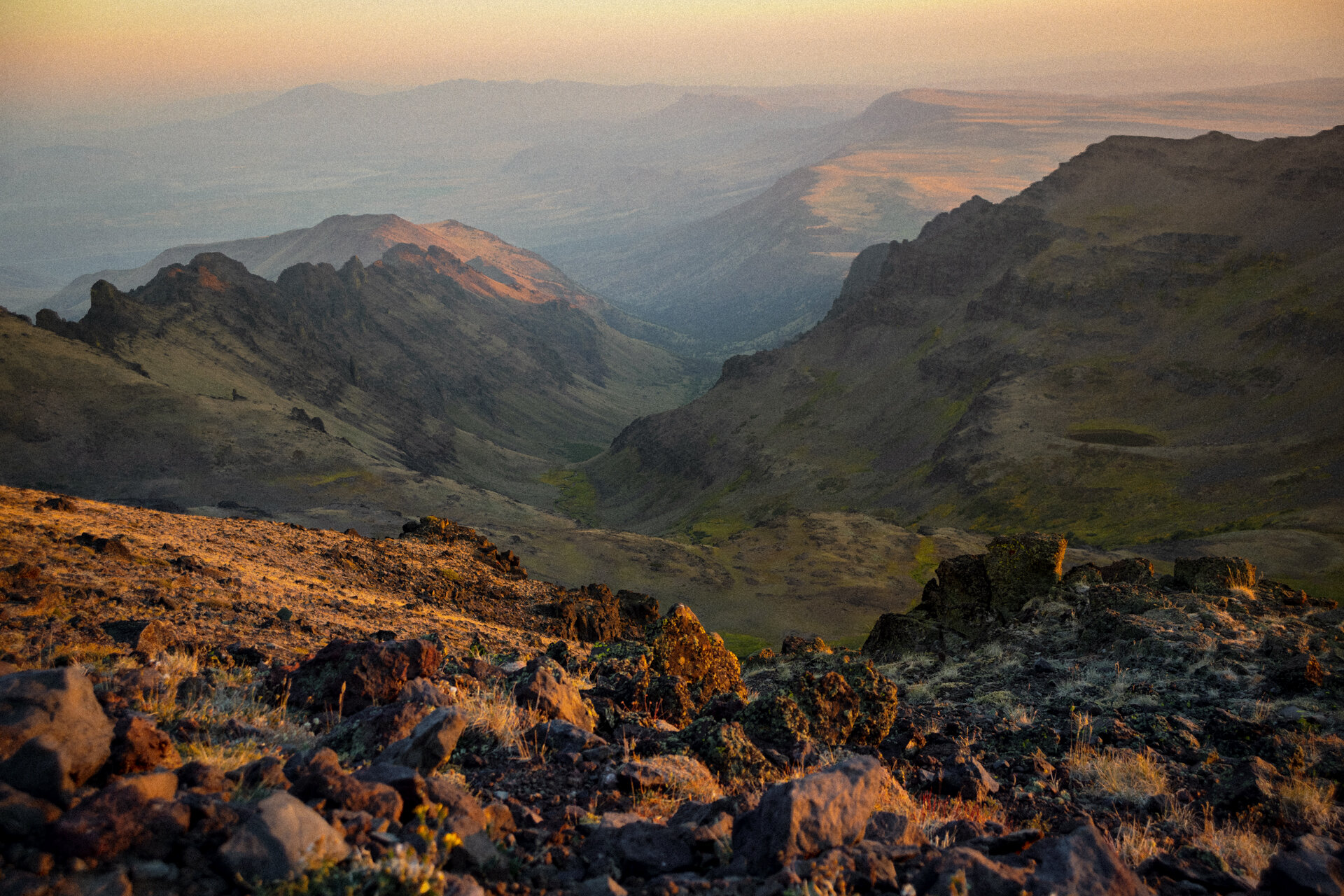
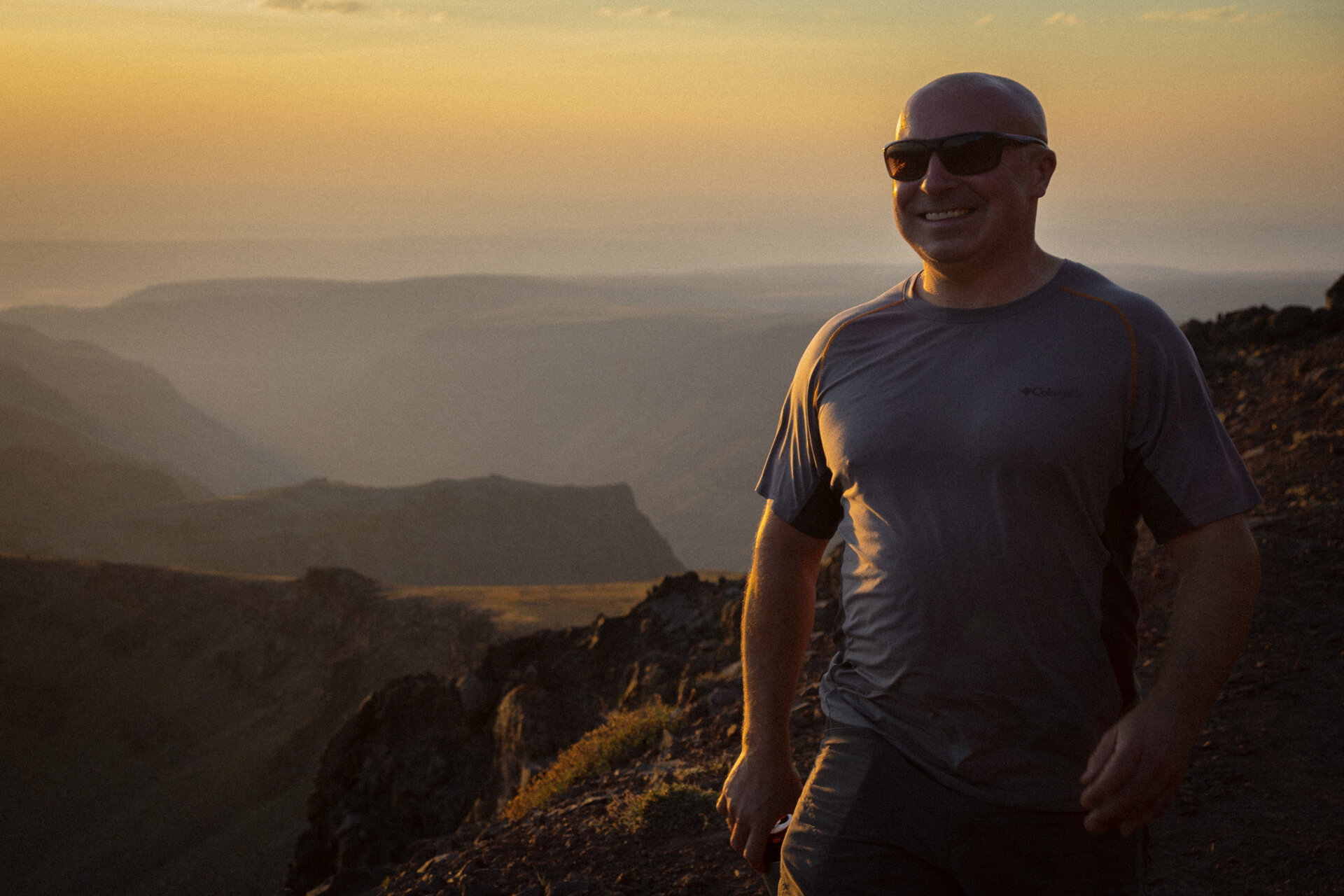

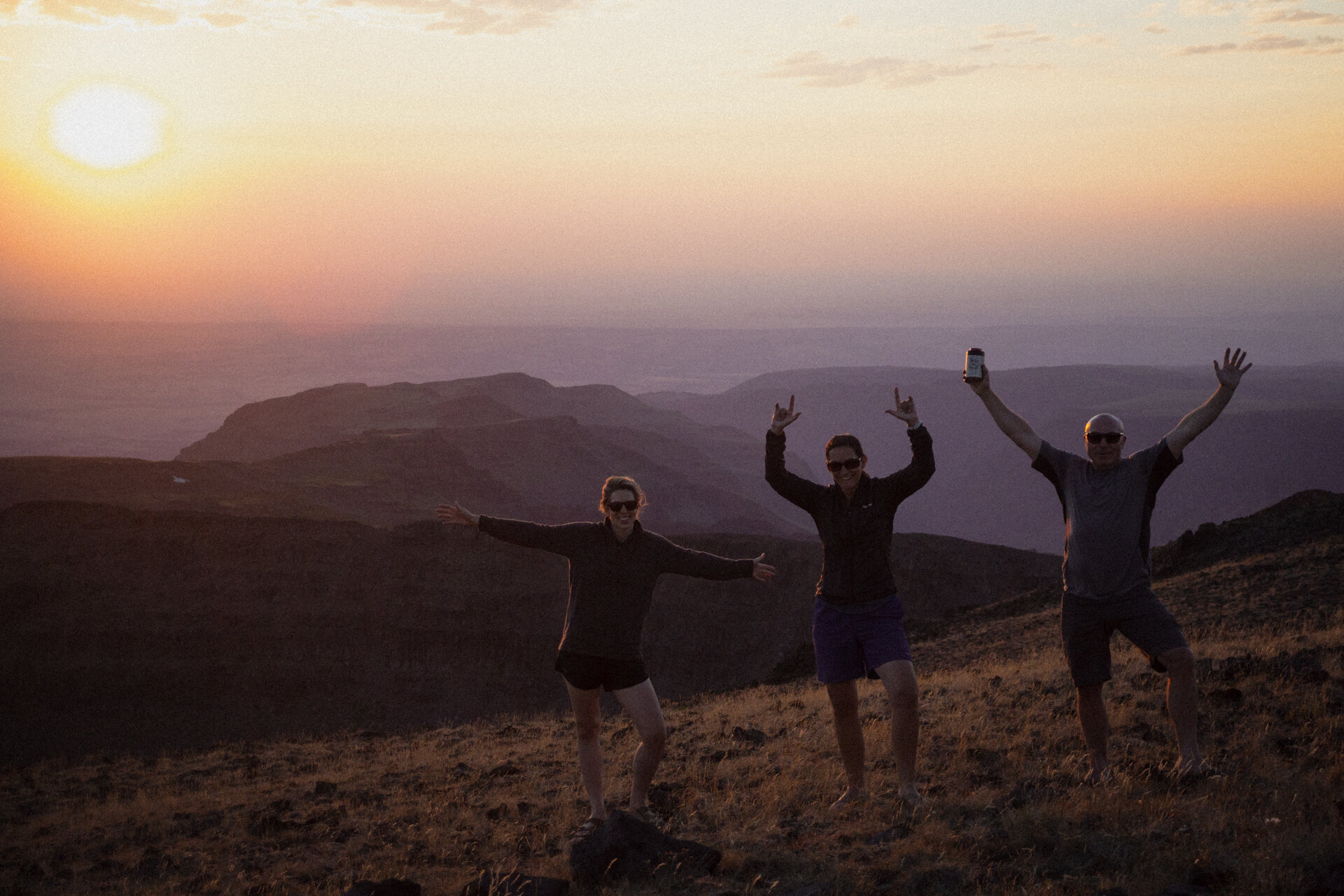
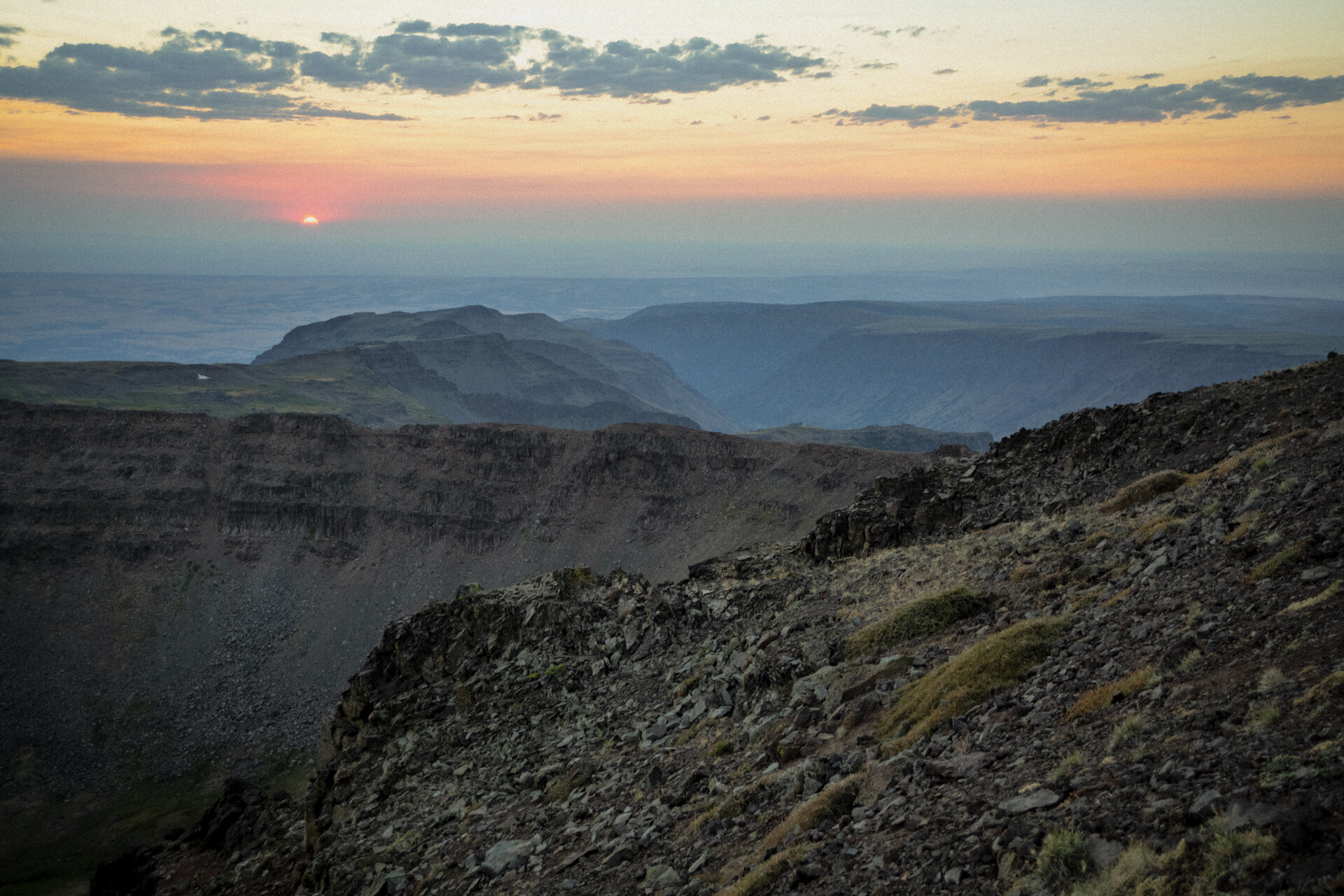
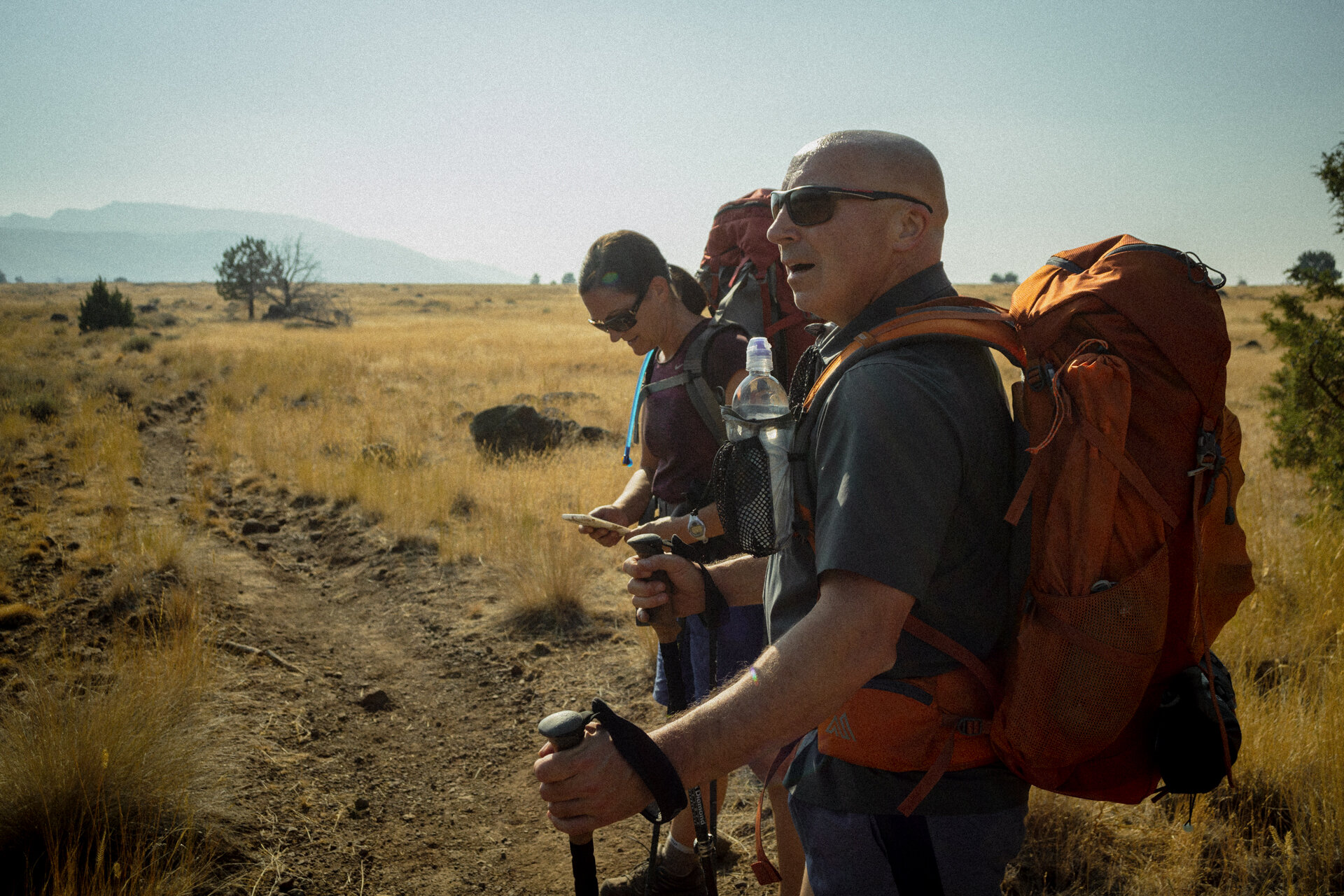
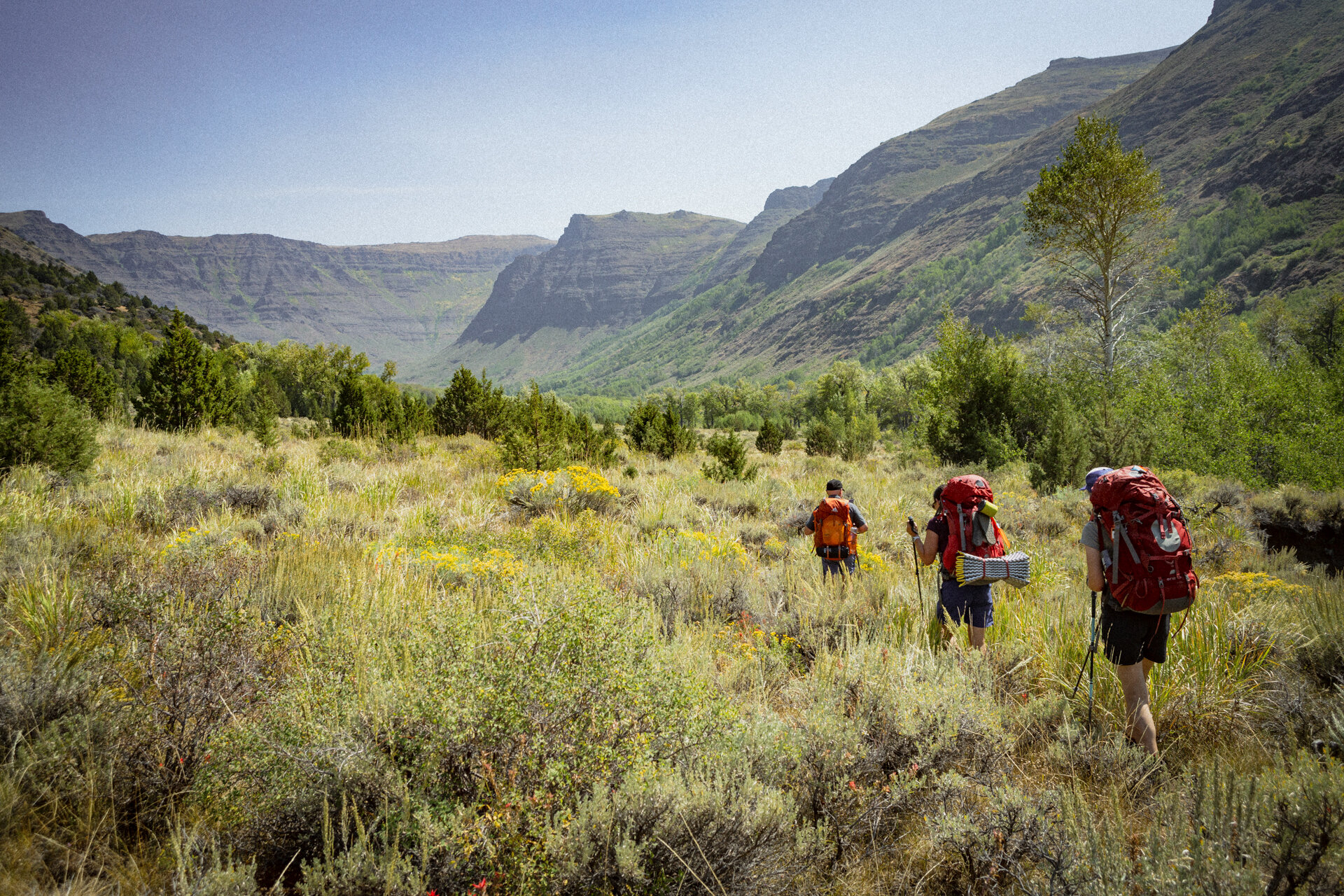
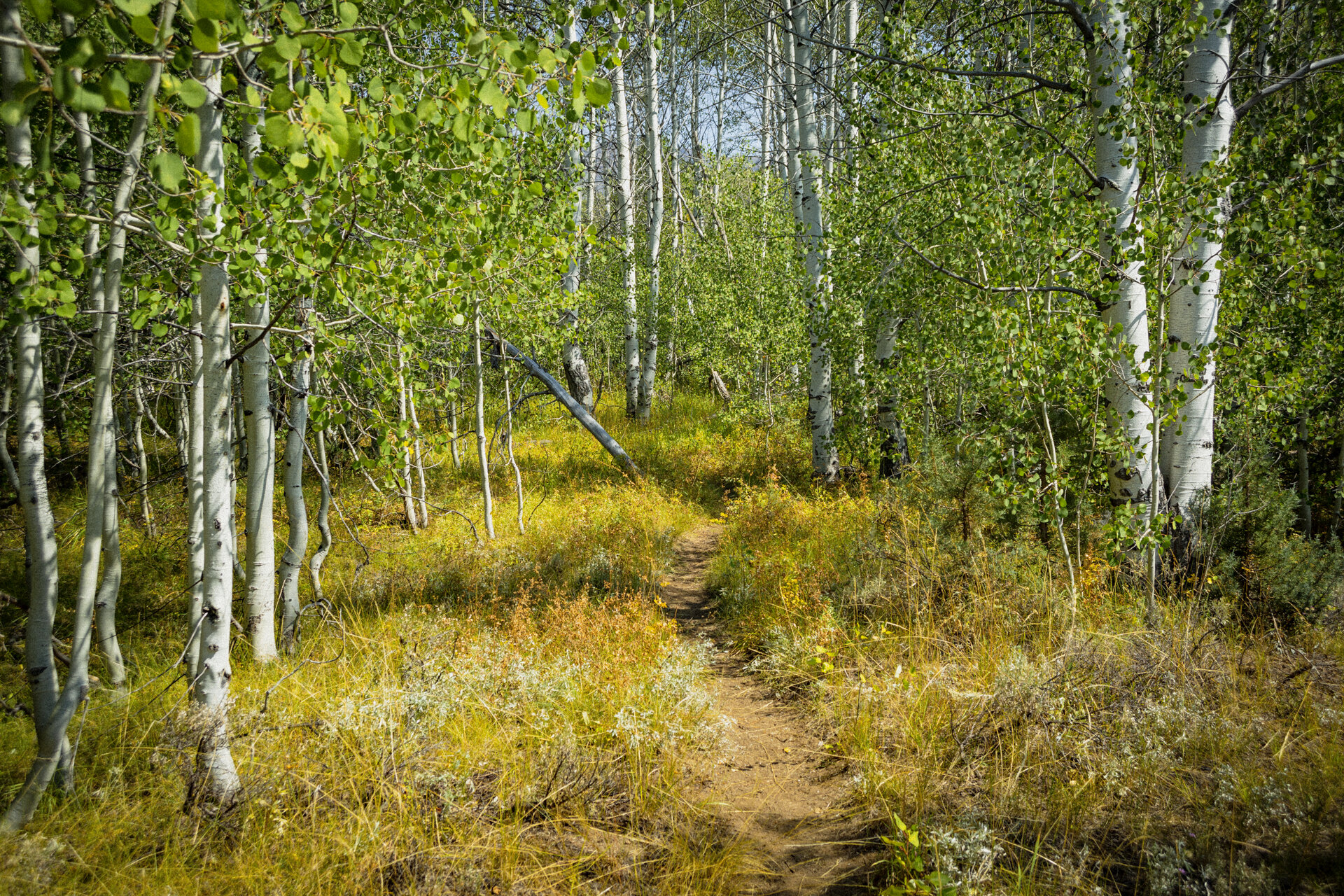

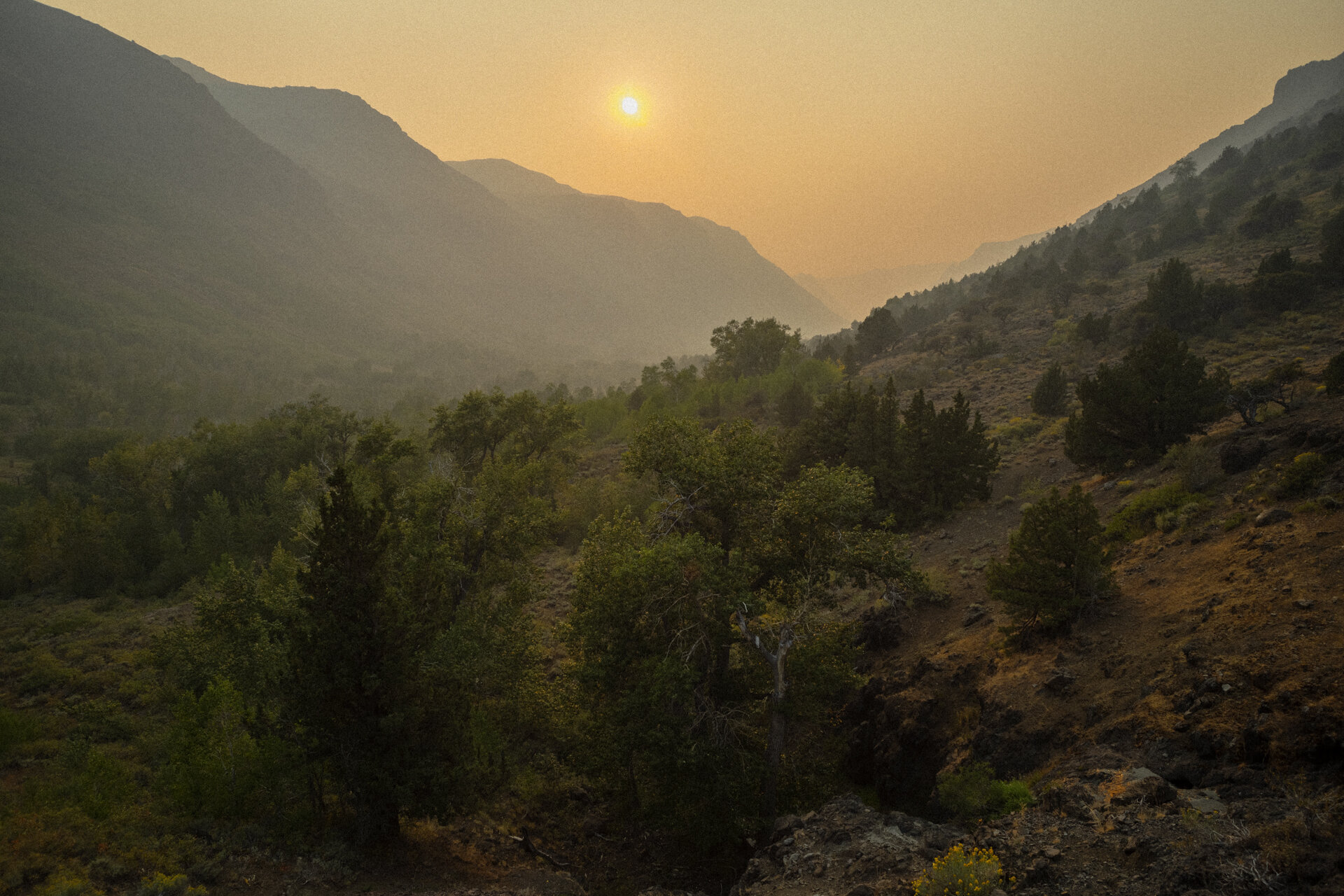
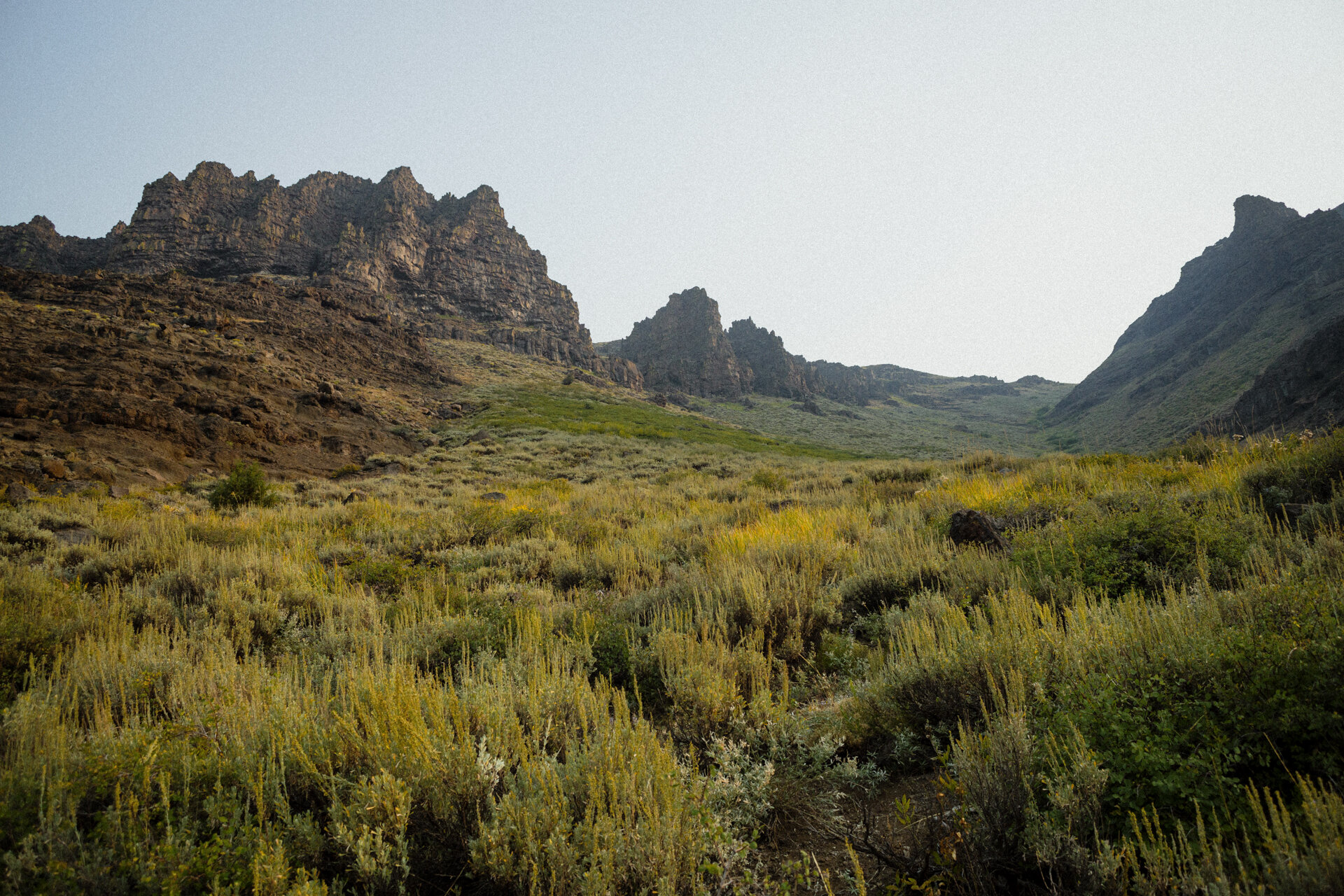

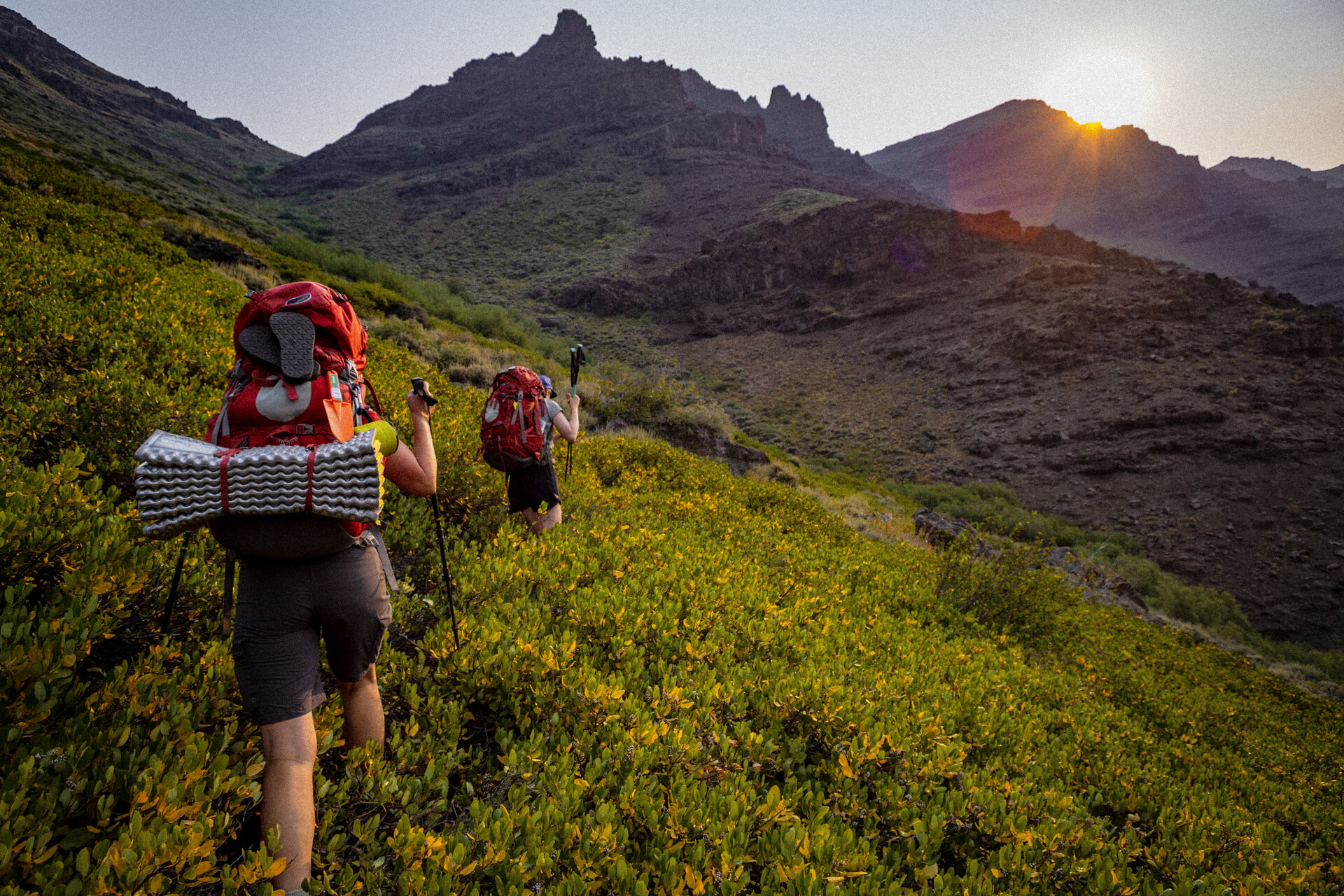

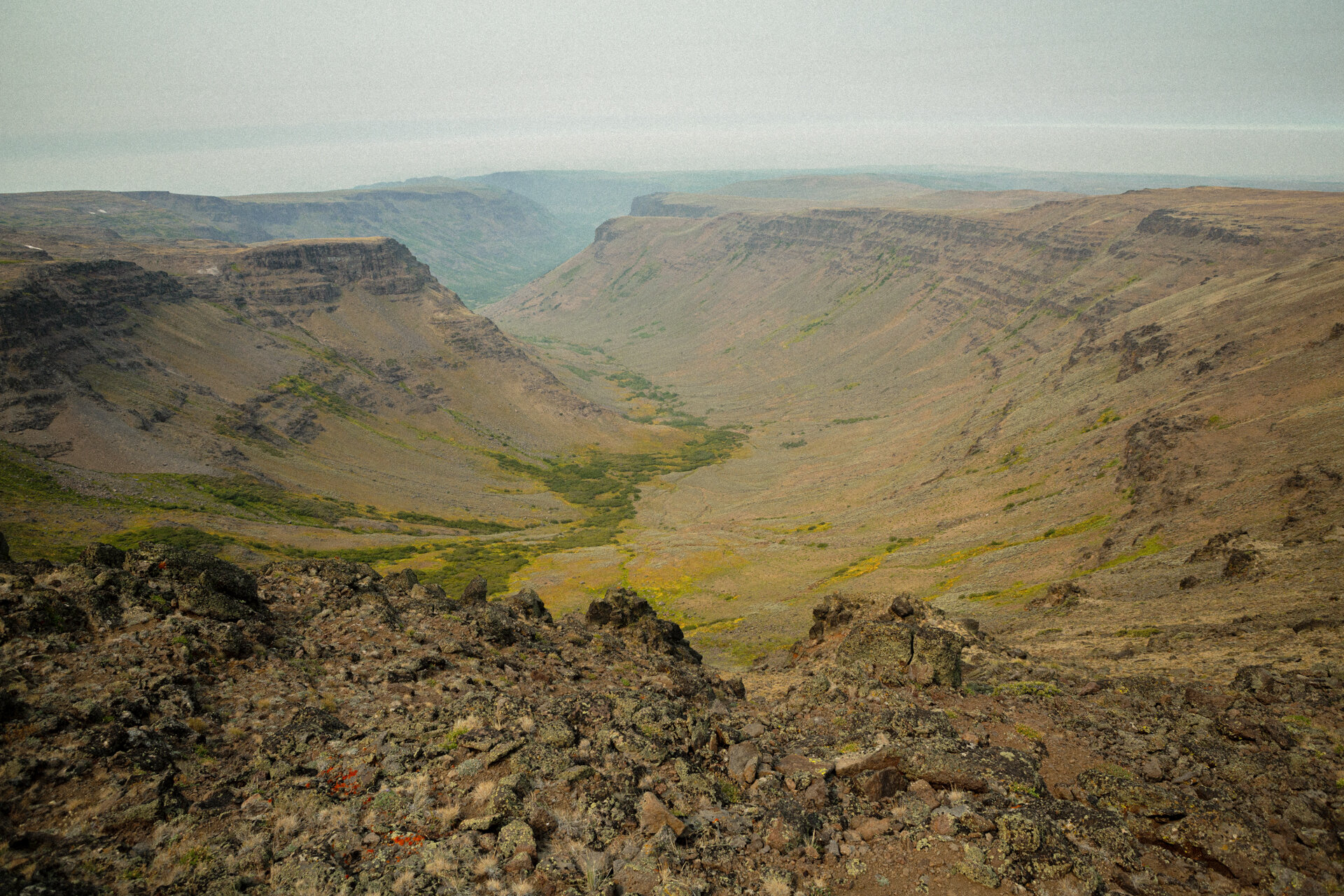
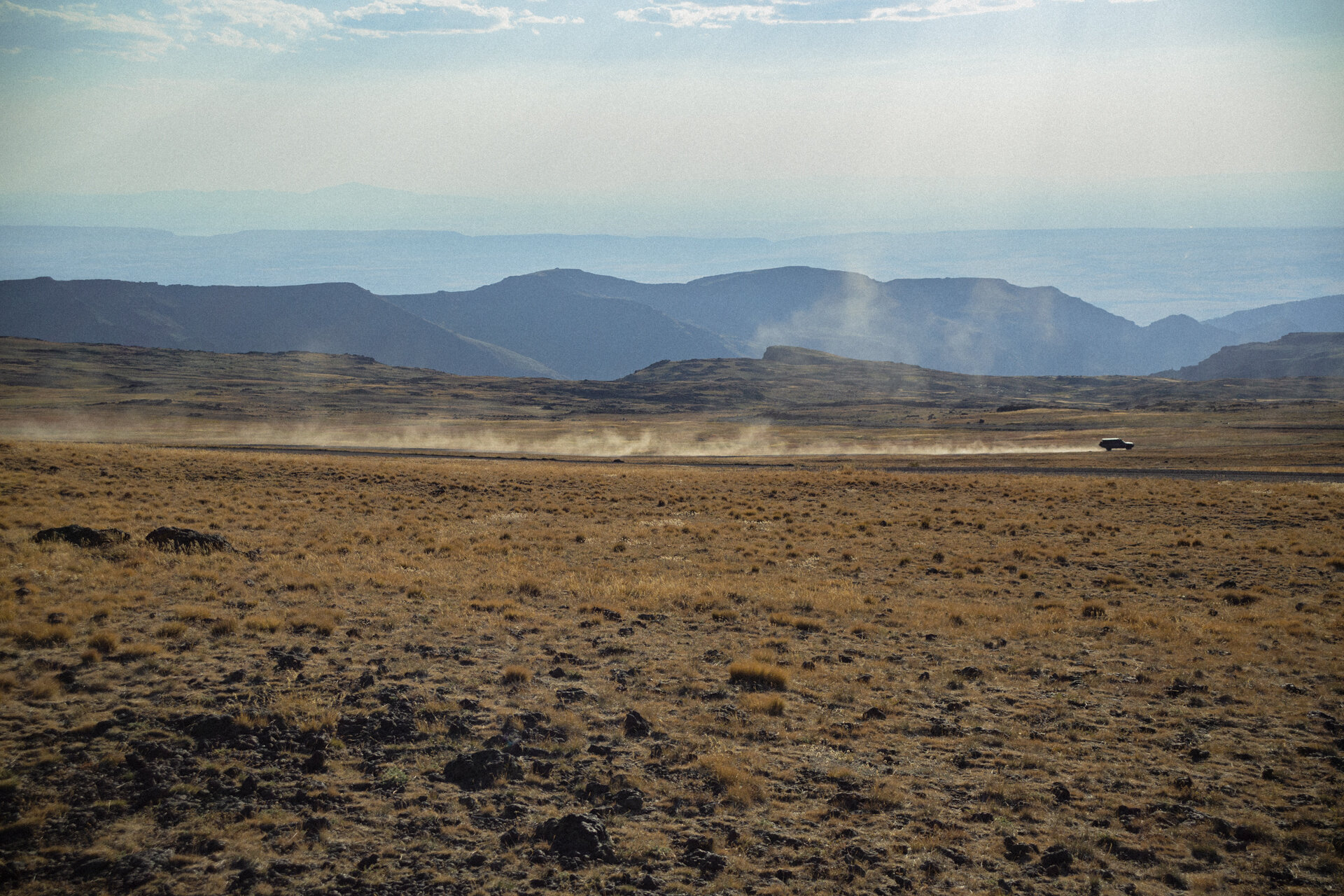
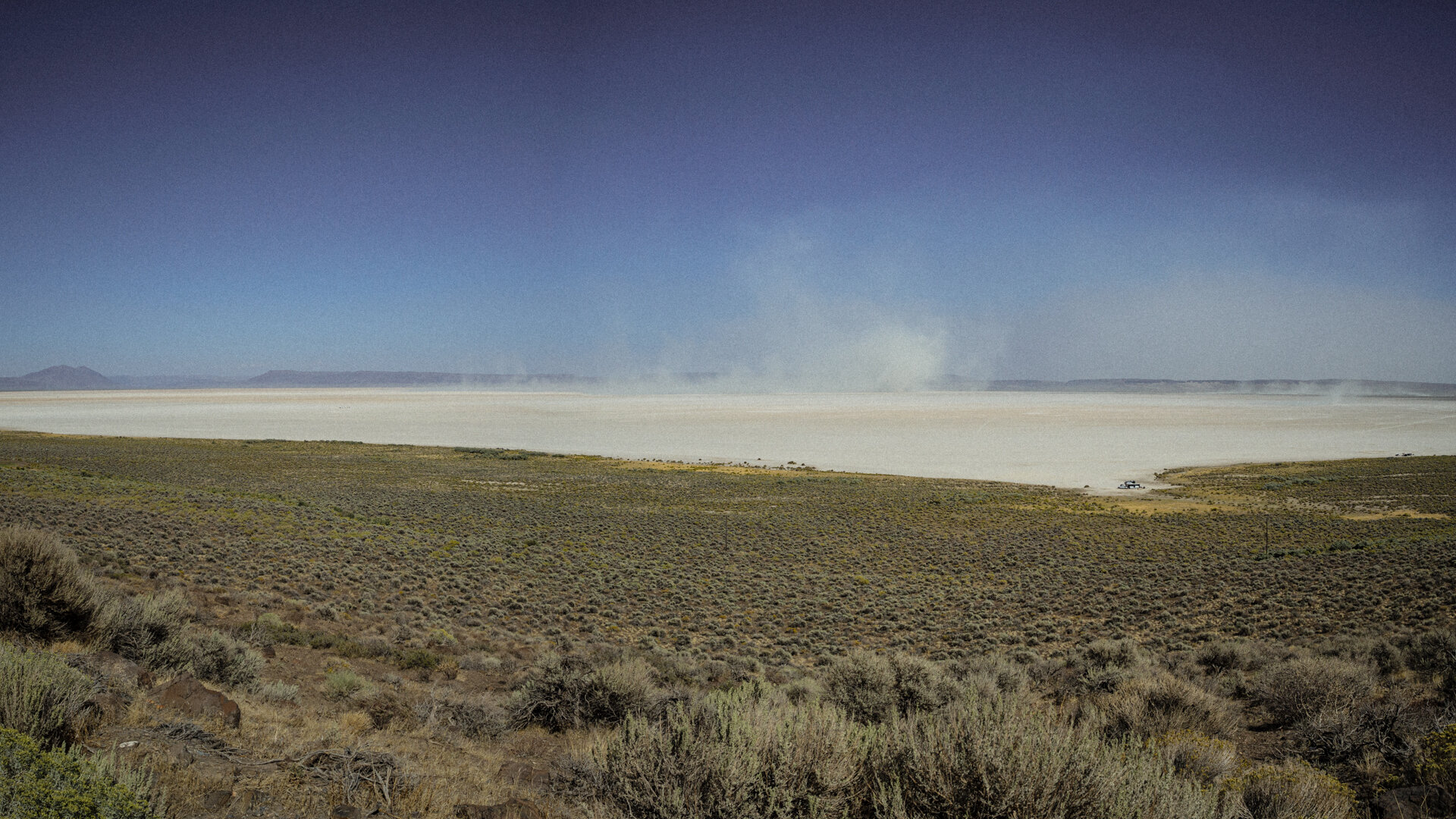
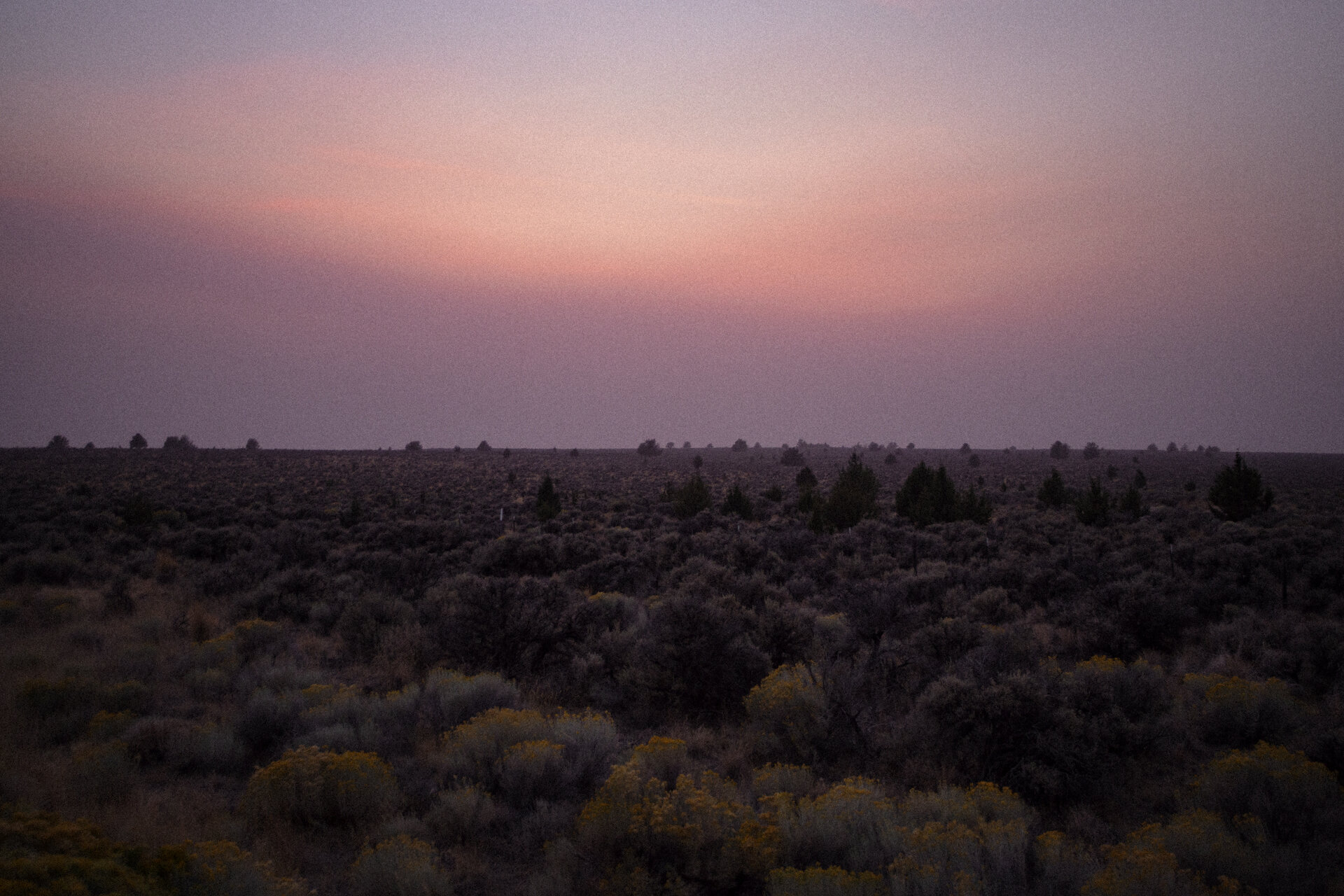
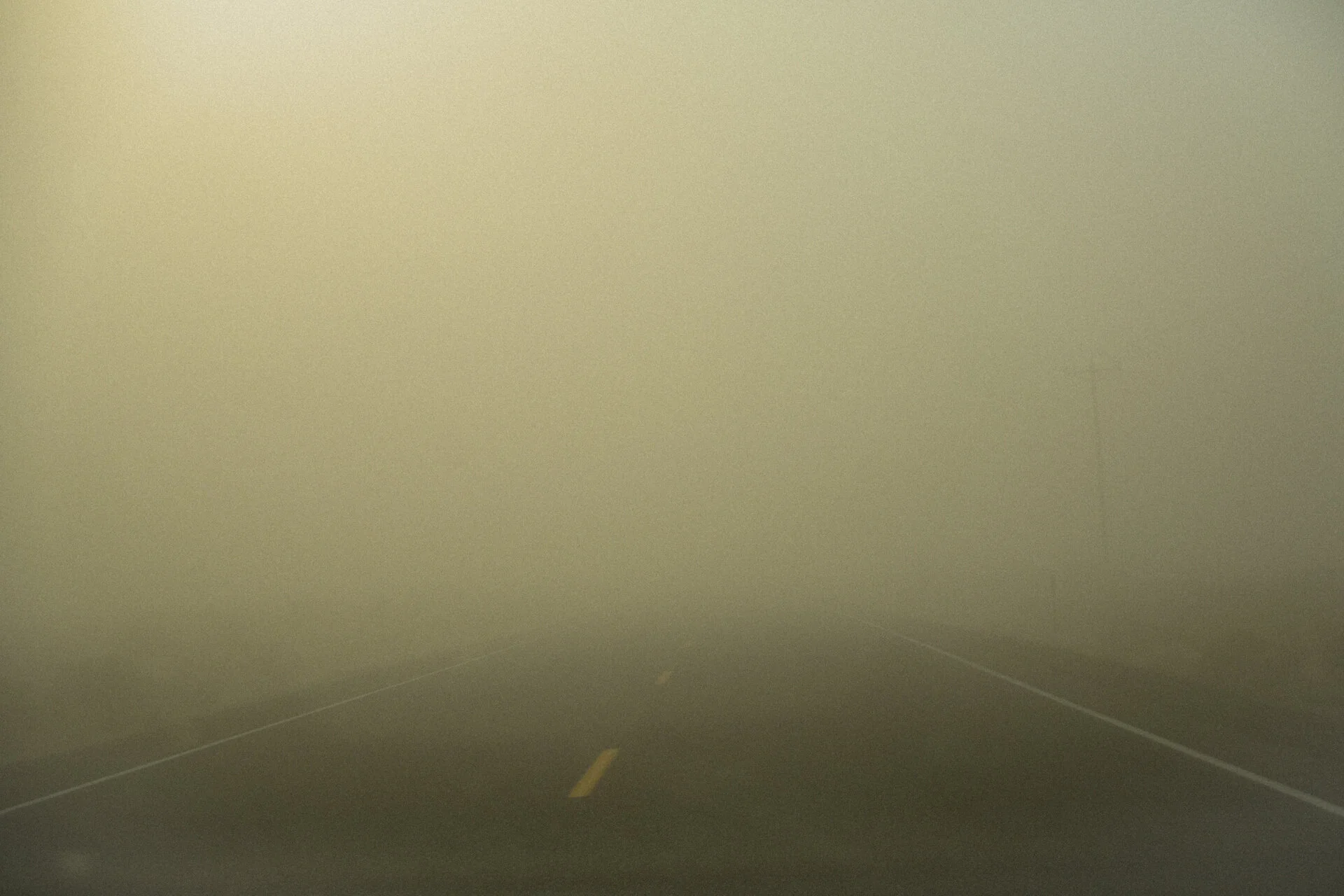
This is a difficult post to write. On one hand, we finally got to experience the incredible high desert scenery of Steens Mountain and the Alvord Desert, which are both far enough away from Portland that we'd never had a chance to visit them before.
On the other, the West Coast is going up in flames. Wildfires are not unusual at this time of year but even in the short five years that I've been living in the PNW, I've seen them become noticeably more severe. This year's fires are SO widespread and out of control. So much of the state is under evacuation orders. People are losing their homes. Natural habitat is being destroyed and will not be the same again in our lifetimes, if ever. And all of this is happening in the midst of a pandemic.
For those of you who come across this post looking to plan your own Steens adventure, I hope that things have settled enough for you to do so. I will share a little of our experience here in case it’s useful to you.
We left Portland after work and met our friends Angela and Duncan at a campground in Prineville. The following day, we drove down to Burns, then Frenchglen, and finally to Steens Mountain. I had been concerned about the roads but my Honda compact managed without much difficulty. We car-camped at Fish Lake, which is little more than a large, nondescript pond, and then drove up to the top of Steens Mountain for some sunset views.
The following morning, we started our hike into Big Indian Gorge. It was very hot; probably close to 95 degrees, and a little smoky. Fortunately, we were hiking along the bottom of the gorge and water was plentiful. I was also struck by how lush the scenery was. I don't think I've seen so many aspen trees since the last time I was in Colorado. They seemed out of place in such an arid setting.
That afternoon, we made camp about a mile short of the gorge headwall and a stone's throw from our route to ascend out of the gorge in the morning. We camped under a dead tree that looked like it could topple at any moment. But this was the only place we could find that offered any precious shade and was relatively flat. Once our tents were up, there was nothing to do but watch as the gorge began to fill with wildfire smoke. We were all aware of the fires burning in the Cascades and knew that smoke was likely. Luckily, it never did get too thick to stay out there. But it was still an eerie spectacle that added that familiar and otherworldly reddish-orange hue to the sunlight. Everything looked a little off. You can probably see it in the pictures.
We got an early start to beat the heat the next morning and climbed out of Big Indian Gorge. A rough foot trail brought us to the halfway point and then we were on our own to bushwhack and to try to leave any resting rattlesnakes undisturbed. The climb was steep and challenging, but it was certainly no Aasgard Pass. We got to the top about an hour and a half after we'd started. After a quick break to filter water at a nearby spring, we walked the 5.5 miles of dirt roads over to the humorously named Wet Blanket Trail, which lead us down into Little Blitzen Gorge. This second gorge was even more lush than the first. Some of it looked as I imagine parts of Hawaii to be, with thick vegetation giving way to towering cliff faces. We made camp early and celebrated Joanna's 30th birthday with a little cake, some icing packets, and a few candles that I'd been secretly stashed in my pack.
Our last morning out was a gentle one, with the best views yet. We made it back to the trailhead by lunchtime and drove back to Frenchglen for gas, and then onward to the Alvord Desert. It was spectacular, but also very windy and dusty — so much so that we didn't venture out onto the Playa or stick around for a soak in the famous hot springs. Instead, we drove up North on the other side of the Steens, looking for wild horses. As we pressed on, the surface-level smoke was getting thicker and thicker. It was combined with dust from what the news was calling a "wind event". As the conditions worsened and we heard reports of road closures due to new and rapidly expanding fires, we considered staying the night in Bend. Ultimately, we opted to take our chances and drive up through Warm Springs and then over Mt Hood. Visibility wasn’t as bad as we got up a little higher, but the wind was really going and I did have to weave the car between fallen branches strewn about Rt 26. I was concerned about fallen trees on the road but there weren’t any.
We made it home at around 1am, collapsed into bed, and awoke to news of new fires and many more closures. Oddly enough, air quality in Portland was still good. But a little after lunchtime, I could see tentacles of smoke coming up at us from the South. It is dark outside now, but I suspect that we’ll be fully engulfed in it when we wake up. I hope we get some rain soon. We really could use some.


